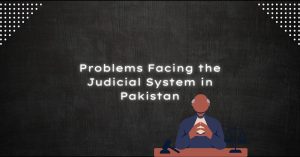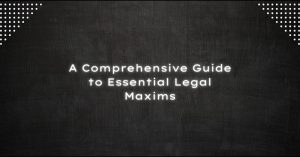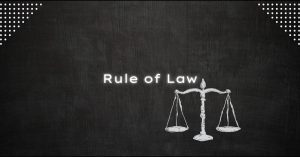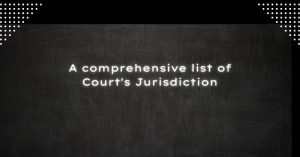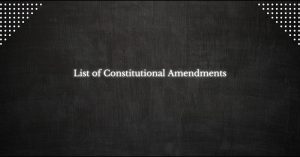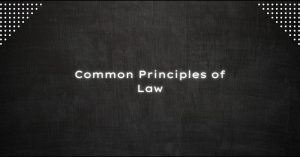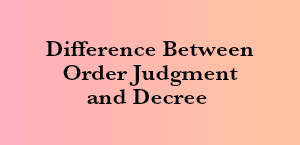Menu
Article 184(1): Original jurisdiction in inter-governmental disputes, issues declaratory judgments.
Article 184(3): Enforcement of Fundamental Rights involving an issue of public importance.
Article 185(2): Appeal from judgment/order of High Court in criminal cases, tried in original and/or appellate capacity and having imposed death penalty or life imprisonment.
Article 185(2): Appeal in civil cases when the value of claim exceeds fifty thousand rupees.
Article 185(2): Appeal when High Court certifies that the case involves interpretation of the Constitution.
Article 185(3): Appeal (subject to grant of leave) from High Court judgment/order.
Article 186: Advisory jurisdiction on any question of law involving public importance referred by the President.
Article 187: To issue directions/orders for doing complete justice in a pending case/matter.
Article 188: To review any of its own judgment/order.
Article 204: To punish for its contempt.
Article 212: Appeal from Administrative courts/tribunals.
Article 203F: Its Shariat Appellate Bench hears appeals from judgments/orders of Federal Shariat Court.
Article 203-D: To determine whether a provision of law is repugnant to the Injunctions of Islam.
Article 203 DD: Revisional Jurisdiction in cases under Hudood laws.
Article 203 E: To review its judgment/order.
Article 203 E: To punish for its contempt.
Under Hudood laws: Hears appeals from judgment/order of criminal courts.
Article 199(1): To issue 5 writs namely mandamus, prohibition, certiorari, habeas corpus and quo warranto.
Article 199(2): Enforcement of Fundamental Rights.
Article 203: To supervise/control subordinate courts.
Article 204: To punish for its contempt.
To hear appeal under S.100 of CPC.
To decide reference under S.100 of CPC.
Power of review under S.114 of CPC.
Power of revision under S.115 of CPC.
Appeals under S.410 of Cr.P.C.
Appeals against acquittal under S.411-A(2) of Cr.P.C.
Appeals against judgment/decree/order of tribunals under special laws.
To issue directions of the nature of habeas corpus under S.491 of Cr.P.C.
Power of revision under S.439 Cr.P.C.
Appeal against judgment/decree of a Civil Judge under S.96 of CPC.
Appeal against order under S.104 of CPC.
Power of revision under S.115 of CPC.
Original jurisdiction in suits upon bills of exchange, hundies or promissory notes under Order XXXVII of CPC.
Murder trial under S.265 of the Cr.P.C.
Criminal trial under Hudood laws.
Appeals under S.408 of Cr.P.C.
Power of revision under S.439-A of Cr.P.C.
To issue directions of the nature of habeas corpus under S.491 of Cr.P.C.
Decides pre-arrest bail applications under S 498 of the Cr. PC.
Being An exofficio Justice of the Peace may issue appropriate directions to the police authorities concerned on a complaint regarding:
To try all civil suits, there is no pecuniary limit on its jurisdiction.
In certain jurisdictions also designated as Rent Controller.
In certain jurisdictions also designated as Judge, Family Court.
To try civil suit up to the value of Rs. 50,00,00/- ( Rs. 5- Million).
In certain jurisdictions designated as Rent Controller/Judge, Family Court.
To try offences punishable up to 3 years imprisonment and forty-five thousand rupees fine.
As Mobile Court under S. 12 Cr.P.C.
As Judicial Magistrate under S 14 Cr.P.C As Area Magistrate to handle:
Fifteen thousand rupees fine.
Magistrate empowered under S.30 of Cr.P.C:


